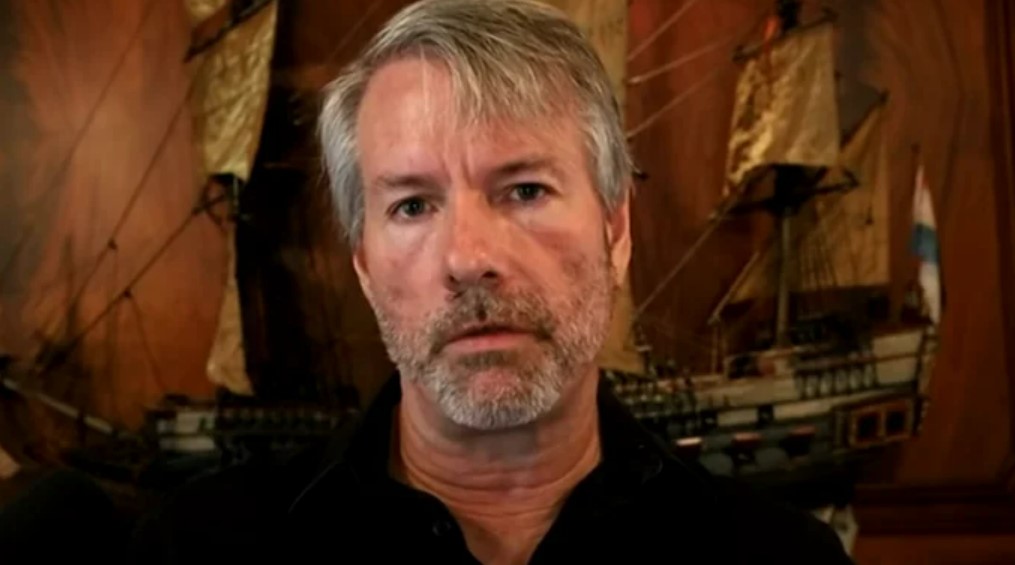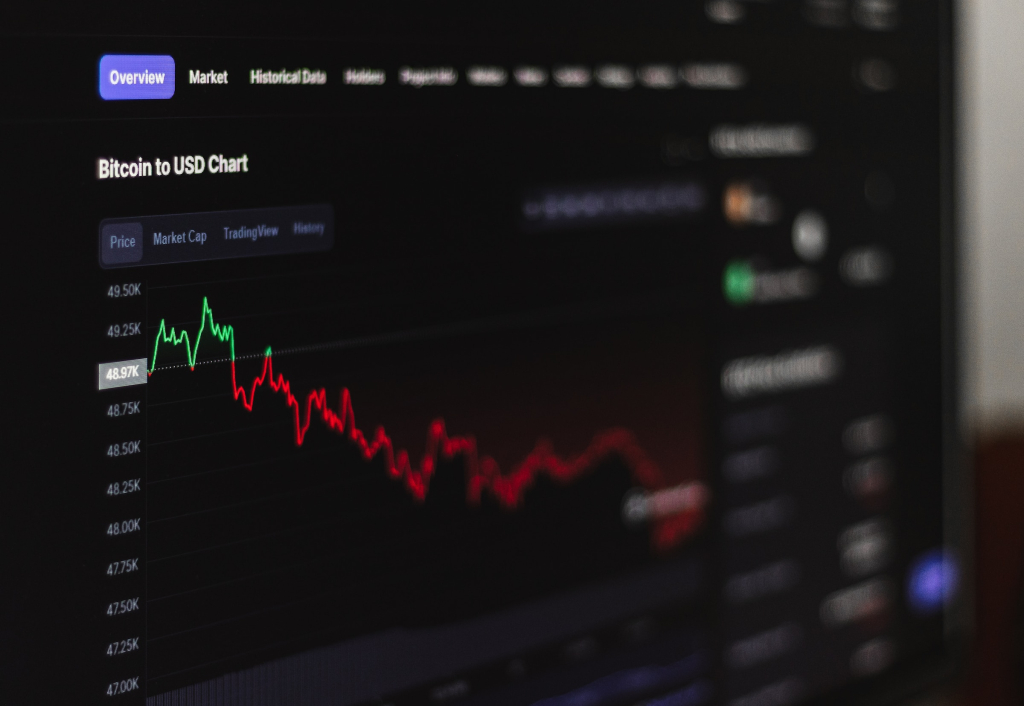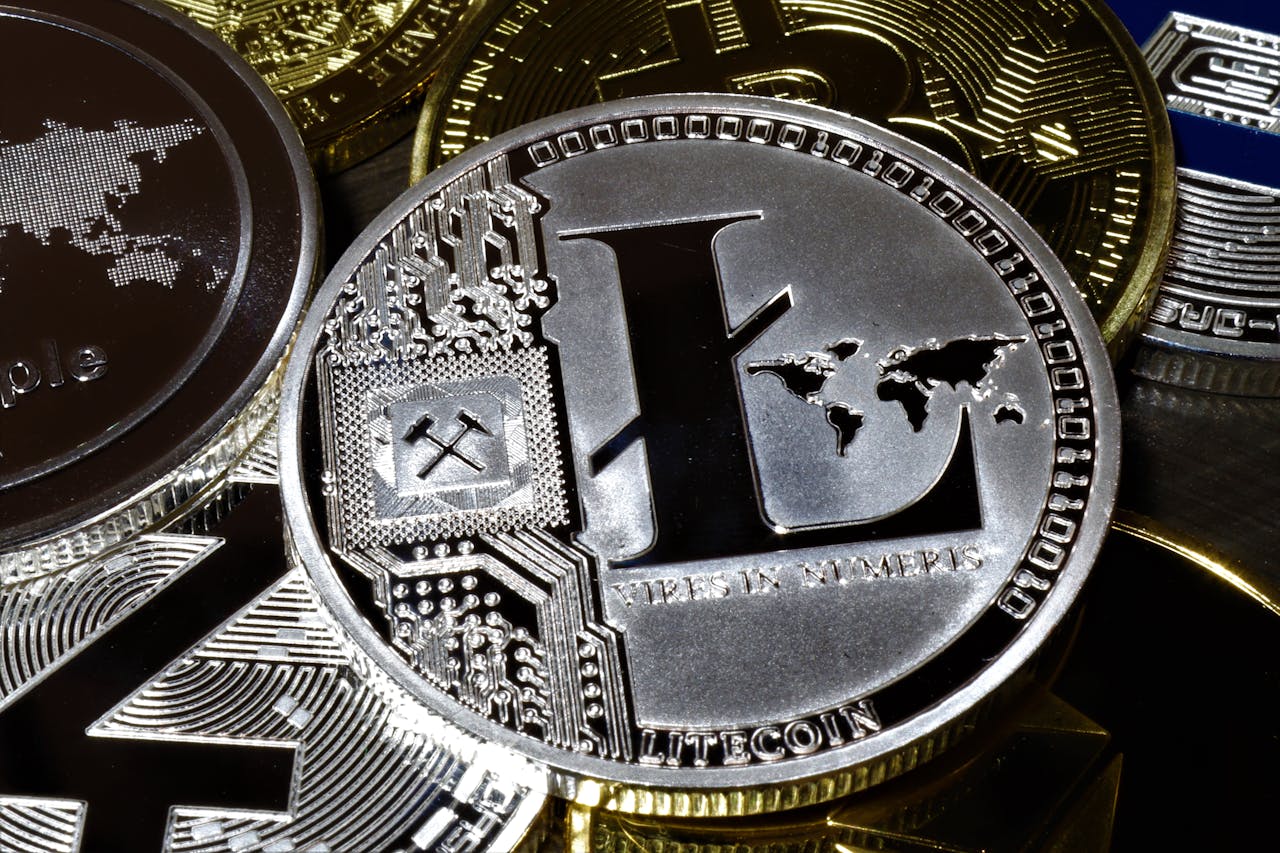In a world increasingly threatened by cyberattacks, particularly those utilizing AI-like deepfakes, Bitcoin might offer a robust shield, says Michael Saylor, the strategic mind behind MicroStrategy. He shared his thoughts during a recent dialogue on Kitco News.
Saylor drew upon the metaphor of social media accounts generated by AI to articulate his stance. He suggests that an online 'discord' is fueled by billions of counterfeit accounts, stirring up enmity among genuine users of these platforms.
Elaborating on the dangers that lurk in the digital domain, Saylor emphasized how one could potentially instigate a simulated upheaval by manipulating artificial profiles. This is made possible by making these fabricated personas breed hostility among real users irrespective of their political alignment. The frightening reality is that AI and other cutting-edge technologies are making these deepfakes cheaper to produce and more challenging to spot.
Saylor, who boasts over 3 million followers on Twitter, shared that he's inundated with roughly 2,000 fictitious followers daily. Describing an instance, he revealed how, in a single hour, about 1,500 bot accounts were purged from his profile. Asserting that the present scenario can't be tolerated, he proposed the solution lies in adopting decentralized identities (DIDs).
DIDs symbolize an independent, self-owned identity that ensures reliable data exchange. Essentially, they provide a means of asserting and managing one's online identity and personal data.
Saylor reasoned that implementing DIDs would entail a cost for those wanting to deploy billions of Twitter bots, which would eventually dissuade them. Harnessing the strength of cryptography and decentralized networks like Bitcoin, he believes, can introduce a tangible cost and outcome to online interactions.
MicroStrategy, led by Saylor, is at the forefront of developing encrypted signatures for individuals and corporate entities. Simultaneously, OpenAI's CEO, Sam Altman, is working on the proof-of-personhood technology under his crypto venture, Worldcoin, backed by a recent fundraising of $115 million.

























Comment 0